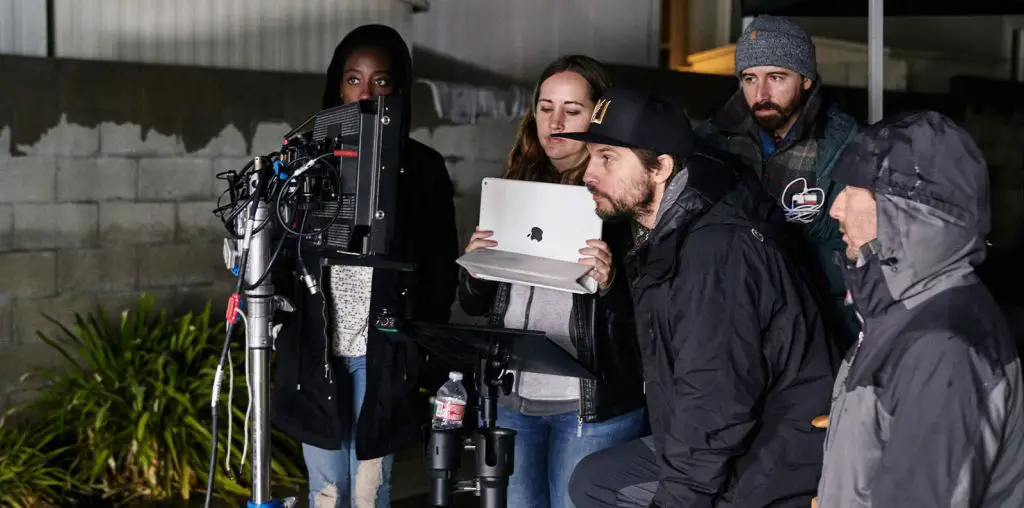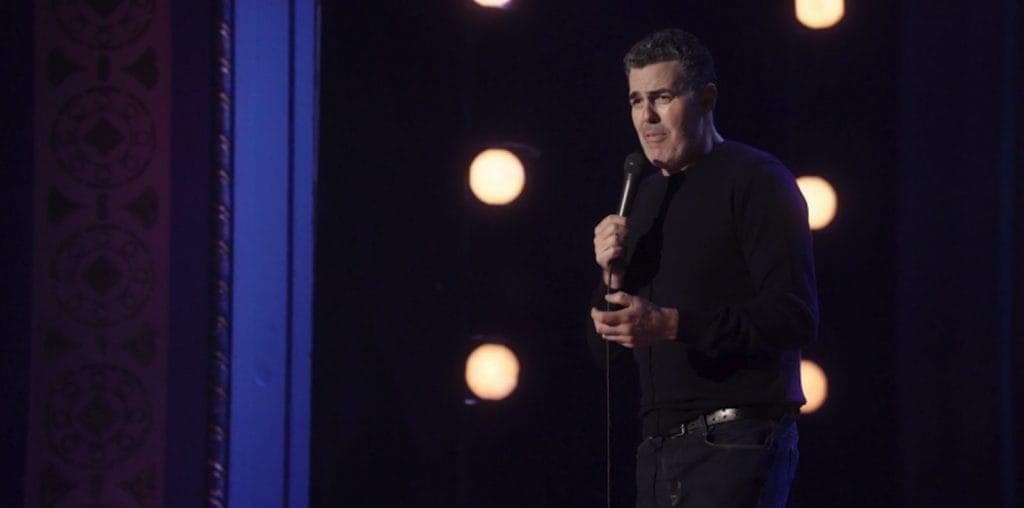
“Police Beat” can’t quite figure out what it wants to be. On the most personal level, it’s the oddball story of a Senegalese immigrant working as a bicycle cop in Seattle and lamenting the absence of his girlfriend, who’s off on a camping trip with another man. Yet half the movie is devoted to strange and/or disturbing vignettes depicting actual calls received by the Seattle Police Department. Oh, and another thing — a good third of the movie is presented with first-person voiceover spoken in Senegalese and subtitled in English. Start to get the picture of how the elements might not congeal?
All the business with the lonely cop would be interminable if not broken up by the weirdo crime scenes. As it is, by the twentieth sequence of the poor guy checking his answering machine or imagining what his girlfriend might be doing, the movie achieves verisimilitude — audience members are feeling pain right along with the character. Watch this picture, and you’ll want to be put out of this guy’s misery, too.
Having said that, leading man Pape Sidy Niang has a wonderfully open face and arrestingly loose body language. He imbues his character, named simply Z, with a winning naiveté and soufulness. The joy of watching him inhabit the screen is almost enough to make the most pointless scenes in the movie bearable. Almost.
As for the freaky crime sequences, they run quite a gamut. Here’s a selective laundry list: A man inexplicably decapitates a bird in a city park; a woman cries foul when she mistakes a falling branch for an assault; a guy intimidates his neighbor by standing on his lawn and sharpening a machete; a woman flees naked through a park after an episode of S&M goes awry; a roly-poly man wanders into a stranger’s house and masturbates while watching a bird flutter in a cage; and so on. Each sequence has something to recommend it, whether it’s a sharp detail or a funky camera angle, but the whole collection feels awfully random.
Until, of course, we get hit with a dose of Big Meaningful Insight toward the end of the picture. “I have arrived at a place called ‘Everything here is dead,’” our hero informs us in a voiceover that’s characteristic of the movie’s somber pretension. If that bit of opaque pomposity means anything to you, then you’re a better man than I, Gunga Din.
The most frustrating aspect of “Police Beat” is that it’s clear everyone involved has great talent. The performances are all strong, and everyone seems simpatico about the contemplative mood they’re after. Cinematographer Sean Kirby creates one gorgeous widescreen image after another, often shooting at dusk for a painterly, Terrence Malick-style softness. And director/cowriter Robinson Devor displays empathy for an expansive range of characters. Too bad all their efforts are lost in the service of pointless material in “Police Beat.”

